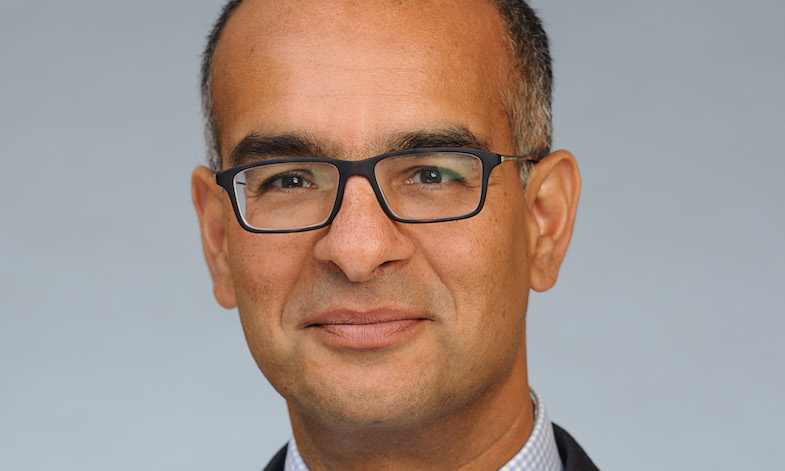Fidelity International has slashed charges on its Short Dated Corporate Bond fund which has consistently lagged peers since launch.
The £127m fund, run by Sajiv Vaid (pictured) and Kris Atkinson, has seen its ongoing charges figure cut from 0.38% to 0.24%.
According to Fidelity, this makes it the cheapest actively managed short-dated fund in the 100 fund strong IA Sterling Strategic Bond sector.
The fund has consistently fallen short of peers since launching in November 2016, returning 7.8% versus the IA Sterling Corporate Bond average of 15.5% over three years, data from Trustnet shows. Over the last year, amid the Covid crisis, it has only produced half the gains of the average fund.
| 6m | 1y | 3y | |
| Fidelity Short Dated Corporate Bond fund | 2.3% | 2.3% | 7.8% |
| IA Sterling Corporate Bond | 2.4% | 4.5% | 15.5% |
Source: Trustnet
Fidelity noted, however, that judging the fund relative to its wider benchmark was not comparing like-for like because the risk/return profiles between long- and short-dated funds are very different. It said short-dated funds have less interest rate and credit risk than the average fund in the peer group, which is mostly made up of all-maturity and long-dated corporate bond funds.
The Fidelity Short Dated Corporate Bond fund is billed as being for investors who want a “modestly higher yield and risk profile than cash and government bonds,” but “consider a conventional corporate bond fund a step too far”.
At least 70% of the portfolio is held in sterling-denominated or sterling-hedged investment grade bonds with a maturity of no more than five years.
Fidelity predicts demand for UK short-dated assets will mirror explosive growth in Europe
Vaid said he expected to see demand for short-duration credit in the UK take off, mirroring the “exponential growth we have seen in similar funds in Europe”.
European domiciled short-dated funds attracted €23bn (£2obn) in net flows in five years after the ECB cut the base rate to zero in 2012, according to data from Fidelity. In 2016, when the 10-year bund turned negative for the first time, the sector brought in €10bn alone.
“While valuations remain at the tighter end of its historical range, the attractiveness of the fund remains,” Vaid said.
“With short rates underpinned for at least the next two years, the yield of the fund should ensure that it remains a good cash alternative, while also offering protection to investors relative to longer duration credit funds should the reflation theme gather steam.”
Fidelity is the latest asset manager to lower fees on its corporate bond fund. In January M&G slashed fees across a handful of its flagship funds, including £7.5bn worth of funds run by Richard Woolnough.
In 2018 Fidelity launched a “fulcrum” fee for five of its flagship Oeics, including Alex Wright’s £2.5bn Special Situations fund.










